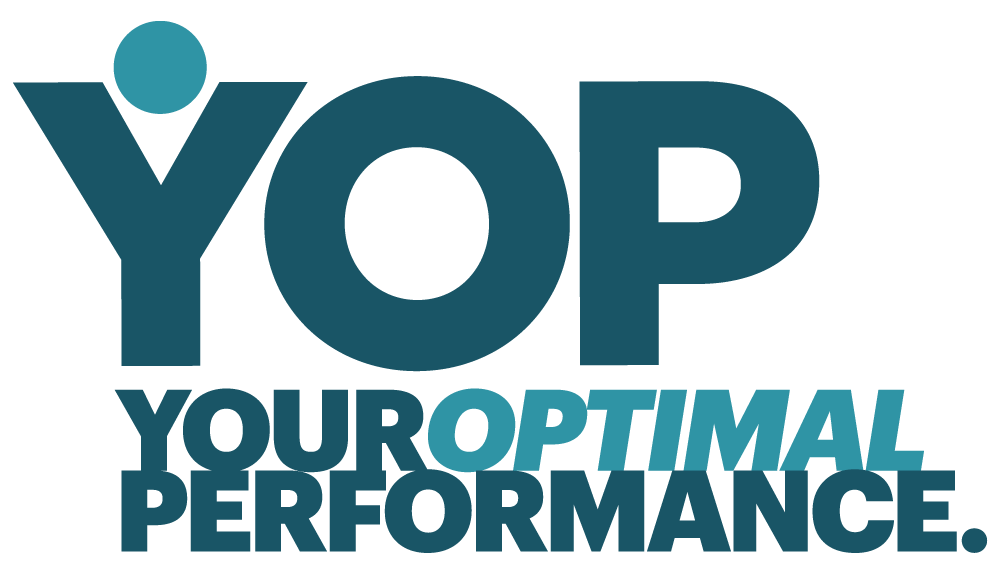Are you and your kids fuelling well enough?
RED-S or Relative energy Deficiency in Sport, is a condition characterised by the insufficient energy intake to meet the bodys' demands for essential daily functions like growth, repair, respiration and digestion as well as the additional demands of exercise.
It takes a lot of energy to keep our bodies functioning at optimal capacity in a healthy way.
It is quite easy to underestimate our energy demands, a lack of knowledge and disorganisation in daily fuelling habits around life can result in low energy availability or it could be a result of a deliberate practice of restricting how much we consume, often in response to a mythical and unrealistic body weight image.
If our body operates in a chronic state of Low Energy Availability (LEA) it shifts to function in 'low battery mode', prioritising only essential functions until it can no longer even do that. This has consequences for physical and mental health as well as performance.
Consequences of chronic under fuelling
In LEA/RED-S, the body does not get enough energy to support its needs, and this energy deficiency can lead to a cascade of hormonal and metabolic changes affecting
- Cardiovascular
- Gastrointestinal
- Endocrine
- Reproductive
- Skeletal
- Renal
- Central Nervous Systems
There are short- and long-term consequences which affect all systems of the body from a physiological and medical health and performance perspective.
Watch out for...
Physical signs
Unexplained fatigue/low energy levels
Disrupted sleep patterns
Recurrent or persistent injuries/illness
Performance stagnation or decline
Missing or irregular periods (females)
Low libido
Iron deficiency
Psychological symptoms
Poor concentration
Irritability
Depression
Body dissatisfaction/dysmorphia
Anxiety around food
Anxiety around exercise/rest
Consequences of ignoring the signs and symptoms
There are short- and long-term consequences which affect all systems of the body from a physiological and medical health and performance perspective.
Such as:
- Nutrient deficiencies (such as iron deficiency and anaemia)
- Excessive fatigue leading to chronic fatigue
- Increased risk of infections and illnesses due to challenged immune system
- Deterioration in protein synthesis
- Muscle and tendon injuries
- Stress reactions and stress fractures
- Brain fog and changes in mood
- Weight gain
- Bone health
- Performance plateaus preceding reductions in strength, power, and speed
- Menstrual function
- Erectile dysfunction
- Infertility
- Metabolic rate
- Increased cholesterol in the blood
- Cardiac problems such as: increased cardiovascular disease risk, endothelial dysfunction (constriction of large blood vessels)
- Thyroid hormones reduced
- Cortisol and other stress hormones elevated
What can you do to reduce the risk of LEA/RED-S?
Ensure you maintain a balanced diet that provides adequate energy and nutrients, including carbohydrates, to support optimal health and performance.
Make sure you are having regular meals and snacks and are hydrating well.
Ensure you have a training plan which includes a balance of intensities, rest and recovery.
Keep a training/activity diary that documents how you are feeling as well as what you are doing. Don't forget to include all the other stressors in your life, not just training/exercise.
Take additional food if you are lacking energy and have additional rest if you are feeling tired.
If you are training with a group/coach that focuses on weight/body image over health, enjoyment and rest and recovery - get out. If this is you - get help!
Be careful of the ‘expert advice’ on social media, its often not expert and not usually helpful. Make sure you are following the true experts who are there to help you not themselves.
Don't ignore the signs!
Get help -
Check out https://red-s.com for more information
Seek advice from a registered dietician, who knows sport - check out https://www.kerenchapmandietitian.com/
